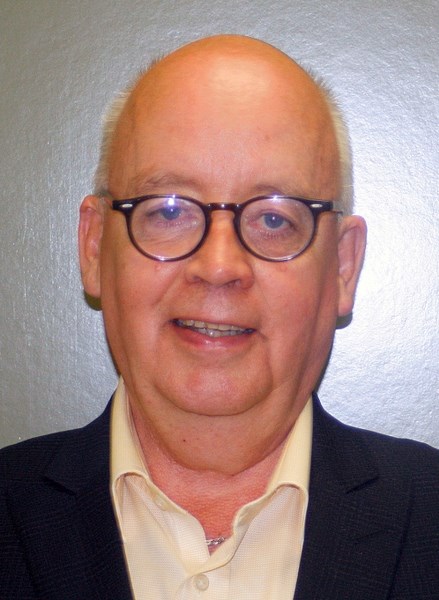Gordie Howe played professional hockey in two eras, the post-war years named the Original Six after the six teams in the National Hockey League and the modern era of expansion and millionaire players.
His career and post-career life defines what it means for an athlete to be a role model for kids.
Born in a Saskatchewan farmhouse and raised in Saskatoon, Howe worked summers in construction to help support his Depression-ravaged family before starting his hockey career while still an 18-year-old.
Howe starred in an era when the less fortunate journeymen players faced gentle poverty after hockey, working as barroom bouncers, living in cheap hotel rooms, battling alcoholism and dying young of injuries sustained before helmets.
His signing bonus with the Detroit Red Wings in 1946 was a team jacket and he was 23 years into his career before, spurred on by his wife Colleen, he insisted that the Red Wings give him a raise from $45,000 to $100,000 a year in the 1969-70 season.
When his career blossomed while he was in his 20s, the team won seven consecutive Stanley Cups from 1949 to 1955.
Howe's career paralleled that of NHL commissioner Clarence Campbell who feared that television would kill the NHL by allowing fans to stay at home to watch the games.
However, powerful general managers such as Jack Adams of the Detroit Red Wings and Frank Selkie of the Toronto Maple Leafs brushed aside Campbell's fears.
Hockey Night in Canada was launched in 1952 with a 9 p.m. start usually well into the second period.
Radio Canada broadcast Saturday night Montreal games in French. Foster Hewett became the voice of the Toronto Maple Leafs in English-speaking Canada.
Howe became a national figure in Canada. Because of television, Canadians watched him play when Detroit was in Toronto or Montreal.
In his personal life he was the faithful husband of one wife, whom he dated for four years and married in 1953.
He was the father of two sons, Marty and Mark who entered the ranks of professional hockey and played with their father.
He was also a loyal older brother to Vic who also played in the NHL for the New York Rangers in the early 1950s.
After hockey, Howe did not buy a car dealership or become a motivational speaker.
He did not become a drinker or a politician – the well-beaten paths of other players from the Original Six era.
He was not as wealthy as superstars of the Modern Era, although his campaign for fairer treatment transformed player compensation.
But he and Colleen were good with their money and as modest as their means were, they were never reluctant to support causes.
Howe knew only two things: hockey and family.
And he did both so well that he became the hero of millions, including his hockey successor Wayne Gretzky, and a role model to both young and old.
When he died June 10, his title, Mr. Hockey, was also his finest epitaph.
Frank Dabbs is the editor of the Didsbury Review.

